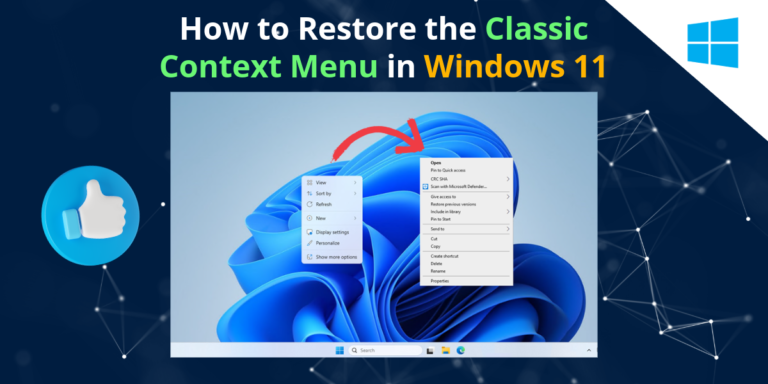In an age where online privacy is a growing concern, Virtual Private Networks (VPNs) have become increasingly popular. They promise to shield our internet activities from prying eyes, but what exactly can they hide, and what remains exposed? This blog post delves into the fundamentals of VPNs, the types available, and the information they can and cannot conceal.
What is a VPN?
A Virtual Private Network (VPN) is a service that encrypts your internet connection, providing a secure tunnel for your online activities. By routing your traffic through a remote server, a VPN masks your IP address and makes your browsing more private and secure.
Key Features of VPNs:
- Encryption: Converts data into a secure format that is unreadable to unauthorized users.
- IP Masking: Hides your real IP address and assigns a new one.
- Secure Connection: Protects data transmission, especially on public Wi-Fi networks.
- Bypassing Geo-Restrictions: Allows access to content that might be restricted in your location.
What are the Types of VPN?
VPNs come in various forms, each catering to different needs and use cases. Here are the primary types:
1. Remote Access VPN
- Designed for individual users connecting to a private network from a remote location.
- Commonly used by remote workers to access company resources securely.
2. Site-to-Site VPN
- Connects entire networks to each other, such as different office locations of a business.
- Often used by large enterprises to integrate the networks of multiple offices.
3. Personal VPN
- Geared towards individual use for enhancing privacy and security while browsing the internet.
- Popular among everyday users for streaming, avoiding censorship, and secure browsing.
4. Mobile VPN
- Optimized for mobile devices and fluctuating network conditions.
- Ensures a stable and secure connection for users on the go.
What Information The VPN Can And Cannot Hide
Understanding what a VPN can and cannot hide is crucial for managing your expectations regarding online privacy.
What a VPN Can Hide:
- IP Address: A VPN masks your real IP address, making it difficult for websites and third parties to track your location.
- Browsing Activity: VPNs encrypt your internet traffic, hiding your browsing history from your internet service provider (ISP) and other eavesdroppers.
- Location: By connecting to servers in different countries, VPNs can make it appear as though you are browsing from a different location.
- Online Transactions: Encryption ensures that your financial transactions are secure and private.
- Data Sent and Received: The data you send and receive is encrypted, protecting it from being intercepted by hackers.
What a VPN Cannot Hide:
- Account Information: Information you voluntarily provide, such as usernames and passwords, is not hidden by a VPN.
- Activity on Unencrypted Sites: Data shared on websites without HTTPS is not fully protected, even with a VPN.
- Device Information: The type of device you are using can still be detected by websites.
- VPN Usage: Certain websites and services can detect when a VPN is being used and may block access accordingly.
- Malware: VPNs do not protect against viruses or malware on your device.
Conclusion
VPNs are powerful tools for enhancing online privacy and security, but they are not a panacea. They effectively conceal your IP address, location, and browsing activity, ensuring that your internet traffic is encrypted and secure. However, they cannot hide everything, such as your account information, device details, or activity on unencrypted websites. Understanding these limitations is essential for making informed decisions about your online security. By combining VPN usage with other security practices, you can significantly bolster your privacy in the digital world.
By integrating a VPN into your online routine, you can take a significant step towards safeguarding your privacy. However, always stay informed about the capabilities and limitations of your chosen VPN to ensure comprehensive protection.








